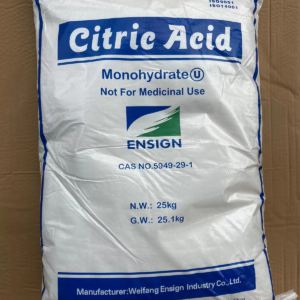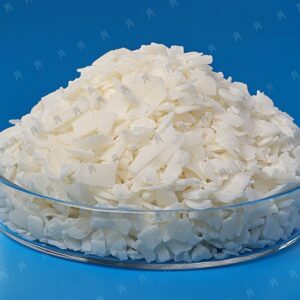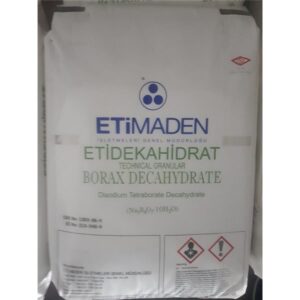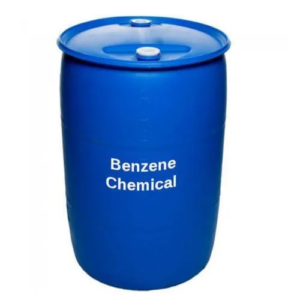Acrylonitrile: The Versatile Building Block for a Wide Range of Industries
Acrylonitrile, a colorless, volatile liquid with a pungent odor, is a highly versatile chemical compound that serves as a crucial building block in the production of various polymers, fibers, and plastics. Its unique properties and wide-ranging applications make it an indispensable material in numerous industries.
Key Features and Benefits:
High Reactivity: Acrylonitrile’s reactive nature allows it to readily undergo polymerization reactions, forming the basis of many important polymers.
Excellent Adhesion: Its strong adhesive properties make it ideal for use in adhesives, coatings, and surface treatments.
Resistance to Chemicals and Solvents: Acrylonitrile-based polymers exhibit exceptional resistance to chemicals, solvents, and weathering, ensuring durability and longevity.
Lightweight and Strong: The polymers derived from acrylonitrile are lightweight yet possess high strength, making them suitable for applications where weight reduction is crucial.
Versatile Applications: Acrylonitrile finds applications in a vast array of industries, including automotive, construction, textiles, and electronics.
Value to Customers:
Enhanced Performance: Acrylonitrile-based polymers offer superior performance characteristics, such as increased strength, durability, and resistance to harsh conditions.
Cost-Effective: Acrylonitrile is a relatively inexpensive raw material, making it a cost-effective option for manufacturers.
Sustainability: Acrylonitrile can be recycled and reused, contributing to environmental sustainability.
Innovation: Acrylonitrile’s versatility enables the development of innovative products and applications, driving technological advancements.
Applications:
Automotive: Acrylonitrile-butadiene-styrene (ABS) is widely used in automotive interiors and exterior parts due to its durability and impact resistance.
Construction: Acrylonitrile-styrene-acrylate (ASA) is employed in roofing membranes, siding, and window profiles for its weather resistance and UV stability.
Textiles: Acrylonitrile fibers, known as acrylic, are used in clothing, carpets, and upholstery for their softness, warmth, and stain resistance.
* Electronics: Acrylonitrile-based polymers are utilized in printed circuit boards, connectors, and other electronic components for their electrical insulation and flame retardancy.
Acrylonitrile is a vital chemical compound that empowers industries to create innovative and high-performance products. Its versatility, cost-effectiveness, and sustainability make it an indispensable material for a wide range of applications, driving progress and enhancing our daily lives.
Acrylonitrile: A Versatile Monomer for Diverse Applications
Acrylonitrile is a colorless, volatile liquid monomer with a pungent odor. It is a key component in the production of acrylic fibers, plastics, and synthetic rubber.
Key Features:
High reactivity and versatility
Excellent adhesion and bonding properties
Resistance to chemicals, solvents, and heat
Benefits:
Enhanced strength and durability in fibers and plastics
Improved adhesion in adhesives and coatings
Resistance to harsh environments and degradation
Unique Selling Points:
Essential raw material for a wide range of industries
Contributes to the production of high-performance materials
* Enables the development of innovative and sustainable products




Bagmull Group is a reputable wholesaler and distributor of dyes and chemicals, with a successful track record spanning over 20 years. Known for their exceptional quality and customer service, Bagmull Group has established themselves as a leading player within the industry.
© 2025 Bagmull Group India. All Rights Reserved.
© Copyright Bagmull Group 2025